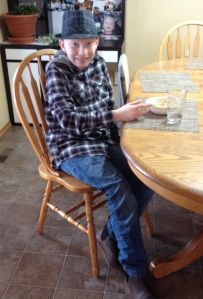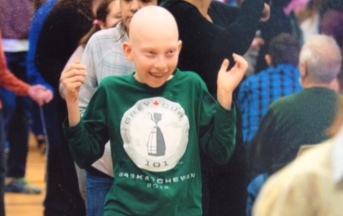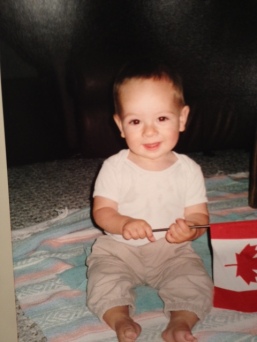
We have all heard the old saying about how time flies and before you know it your kids will be all grown up. For those of us who have special needs kiddos, we are way too aware of how that time flies.
Don’t get me wrong, I can remember a time when I felt time was dragging, that nothing was being accomplished (toilet training would be a good example). And at that time I sometimes wanted to pull my hair out, because the process of teaching and reinforcing the behaviors that I wanted Colby to learn could be frustrating and emotionally draining.
But now, looking back, I am grateful that I received good advice when Colby was a toddler. That advice was, that he would certainly grow, and change and learn with intensive intervention.
As a practitioner I now am advising families who are many times in a similar situation to the one I was in when Colby was small, but often I’m not seeing these children until they are 4 or 5 years old, not 2 or 3 as Colby was when we began working with him.
For families who have children who struggle with communication, or unusual behaviors, it is often difficult to come to the realization that your child isn’t performing at the level of their same age peers especially if this is your first child, or only child. There’s always the story about the uncle who didn’t talk until he was 4 or the cousin who didn’t listen, or Grandma comes along and declares that there is “nothing wrong” with (Billy, Suzy) they just don’t want to do what the other kids do.
Unfortunately, more often than not, there is something that is holding the child back from being able to learn things in a typically developing way, and delay of intervention can result in less than desirable outcomes when families do access service. The earlier a child can access services that bring him/her closer to the developmental level of their peers, the better they will do in school, the community and home settings.
Intervening early helps the child to learn without having a long learning history of behaviors that are not going to serve them well in the long run. For example, a child who points to things and grunts, or drags their caregiver to the pantry pointing and screaming while the caregiver picks up one item after another to determine what the child wants, is not communicating in a way that is going to serve them for very long.
Parents often say “Well, I know what he wants” – my response is “So what if you get hit by a bus? Who will know what he wants then?” Seems pretty harsh, but it is true, the very best we can do for our children is to teach them how to be independent – as independent as they can be. This is a tough one to learn as a parent, we are so used to anticipating our child’s needs, answering for them, that we forget that they have their own voice, and we become slaves to rituals and rigidity that we would never tolerate in any other child.
We have pretty much 18 years to get it right, maybe 20, maybe more in some cases – but just like the child we prepare to go to university or out in the world on their first job assignment – we need to prepare our special needs child for that same eventuality – that we won’t always be there.
18 years seems like a lifetime when your child is 3, but before you know it, it’s gone – take it from someone who knows how quickly it passes – don’t waste a moment.



 a crush on a girl in his class. I couldn’t be happier. He is 13 and at this point is so innocent about liking a girl. He tells me he loves her (Miss B we will call her for privacy sake) . “I love Miss B, Mom”.
a crush on a girl in his class. I couldn’t be happier. He is 13 and at this point is so innocent about liking a girl. He tells me he loves her (Miss B we will call her for privacy sake) . “I love Miss B, Mom”.



